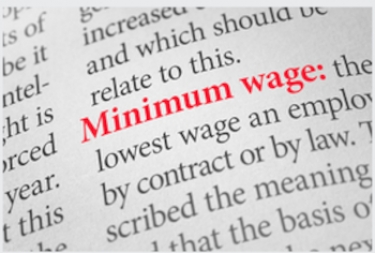The complaint was filed by the law firm Wasden Banias, which has a history of successful challenges to H-1B changes made by the current administration, the website Forbes reported.
The suit was filed on behalf of ITServe Alliance, a non-profit that has more than 1250 IT companies as members, Dots Technologies, Iflowsoft Solutions, Kolla Soft, NAM Info, Precision Technologies, Smart Works, and Zenith Services.
The new rule, announced in October, changed the conditions for H-1B visas, making them much less attractive to use. It prescribed a minimum salary level estimated to be US$208,000 (A$279,759), according to the National Foundation for American Policy, a non-profit dedicated to public policy research on trade, immigration, and other issues of national importance,
|
|
The NFAP analysis found that meeting this level of pay would mean that an electrical engineer at the highest grade in San Jose, California, would have to be paid about US$85,000 more or a rise of 53% on than the market rate. An entry-grade engineer would have to be paid 54% more or US$41,838.
Technology companies in the US are among the biggest users of H-1B visas, with workers from India forming a big proportion. Forbes said analysts had concluded that the aim of the rule was to price existing H-1B visa holders and international students who graduated from American universities out of the labour market.
The judge, Stanley Chesler, did not make any ruling relating to the substance of the rule; he concluded that the case would succeed because it was based on the reasoning that the rule was in violation of the Administrative Procedure Act as it was issued as "interim final" without providing sufficient time for public submissions before finalisation.
When the Department of Homeland Security announced the rule, it said: "The H-1B program was intended to allow employers to fill gaps in their workforce and remain competitive in the global economy. However, it has now expanded far beyond that, often to the detriment of US workers.
"Data shows that the more than half a million H-1B non-immigrants in the US have been used to displace US workers. This has led to reduced wages in a number of industries in the US labour market and the stagnation of wages in certain occupations. These latest efforts on H-1B visas are part of a larger Trump Administration goal to protect American workers."











































